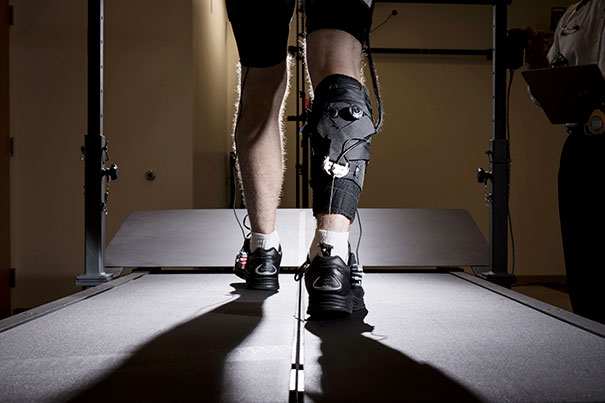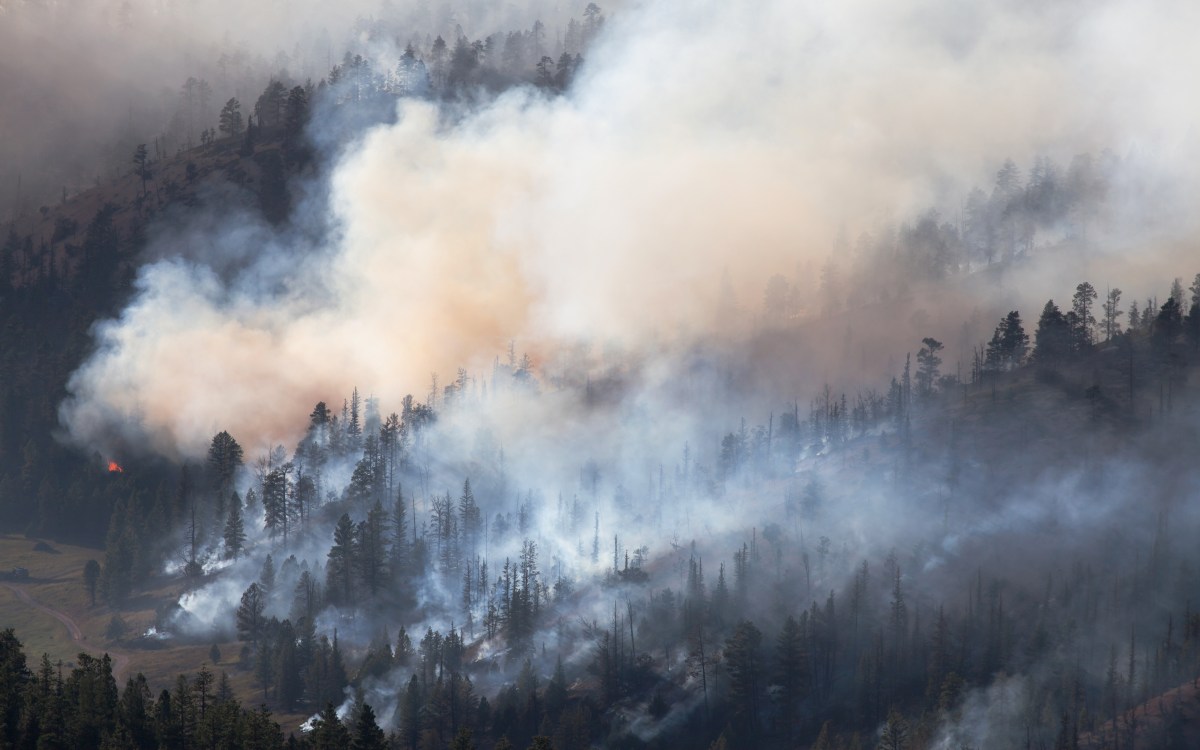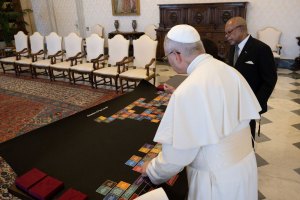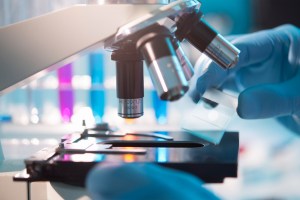Science & Tech
-
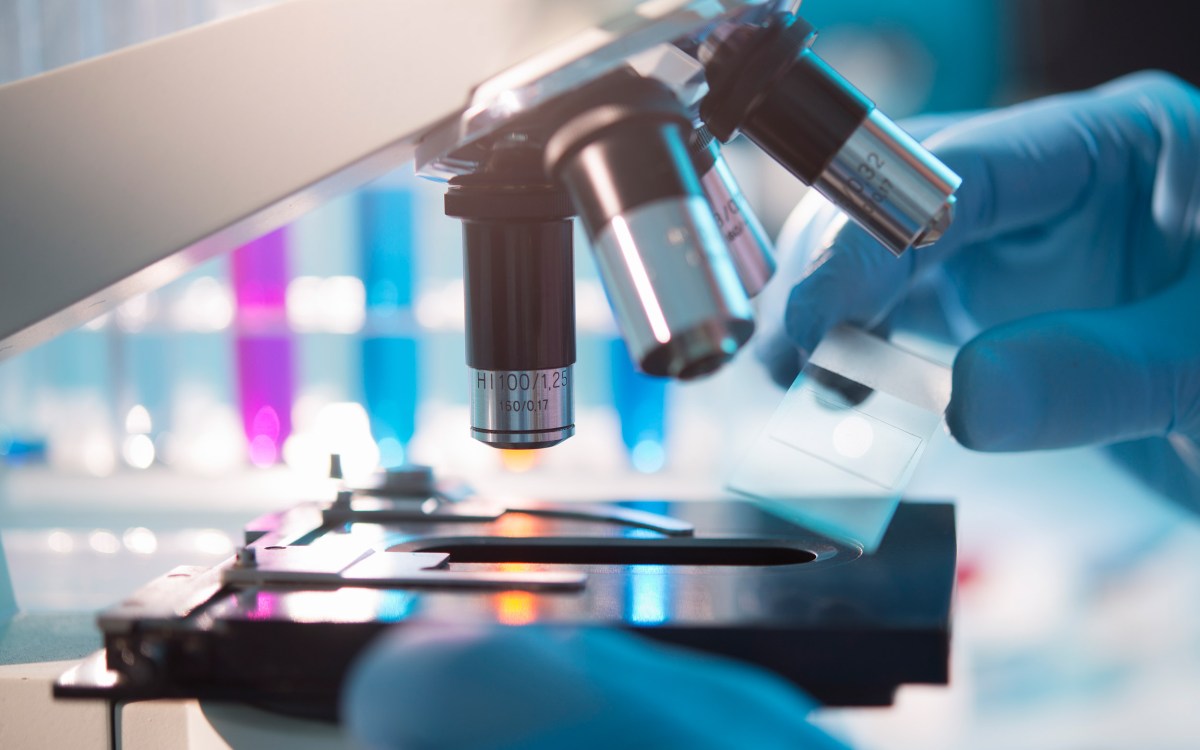
Snapshots from front lines of federal research funding cuts
Faculty detail scramble to save work and talented researchers, both those in labs and in pipeline
-

Does AI understand?
It may be getting smarter, but it’s not thinking like humans (yet), say experts
-
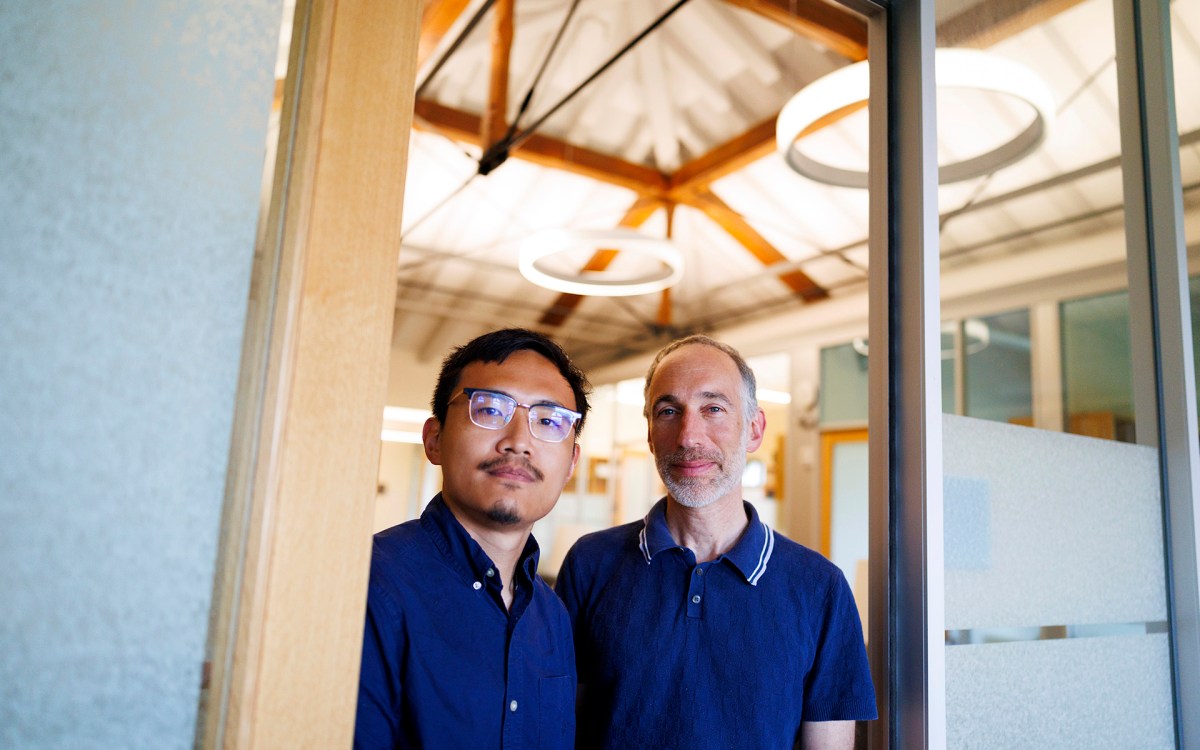
Ancient DNA solves mystery of Hungarian, Finnish language family’s origins
Parent emerged over 4,000 years ago in Siberia, farther east than many thought, then rapidly spread west

-
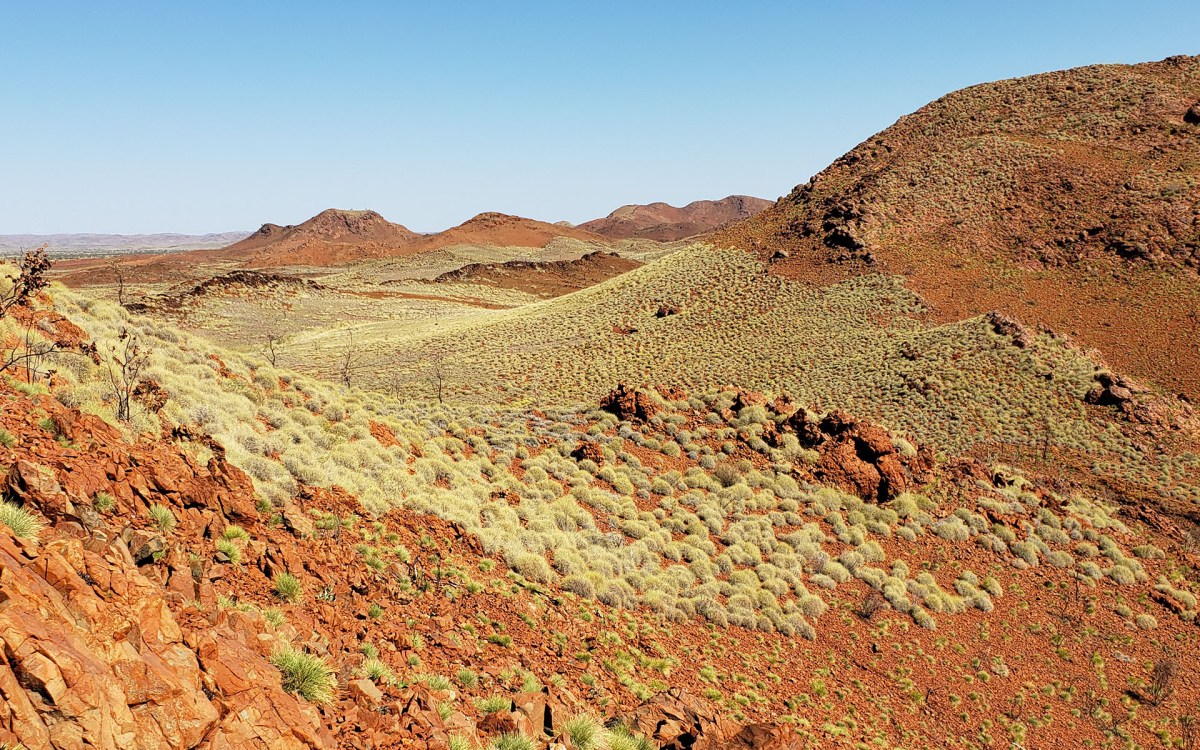
Hot dispute over impact
Harvard team argues oldest meteorite strike to Earth may be more recent, smaller than claimed; site may offer hints on asteroid craters, life on Mars

-

Long in the tooth
Research finds 18-million-year-old enamel proteins in mammal fossils, offering window into how prehistoric animals lived, evolved

-

3 tech solutions to societal needs will get help moving to market
Projects targeting heart health, data demands, quantum computing win Grid Accelerator awards
-
Babies understand cost-reward tradeoffs behind others’ actions, study says
Harvard and MIT study reveals that babies understand the cost-reward tradeoffs behind others’ actions.
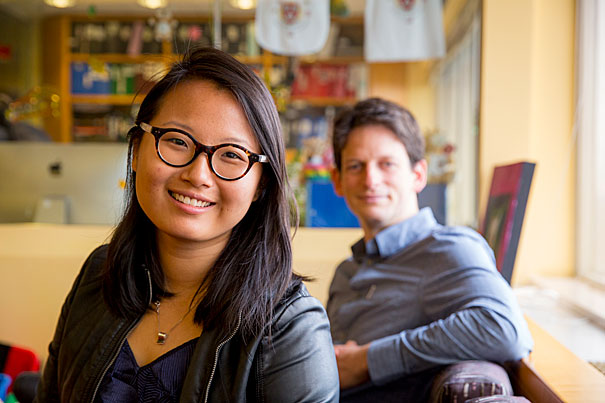
-
Students help groups to pursue climate action
Harvard living lab course works to find practical alternatives to carbon use.

-
Small media, big payback
Researchers found that if just three outlets write about a particular major national policy topic, discussion of that topic across social media rises by more than 62 percent.
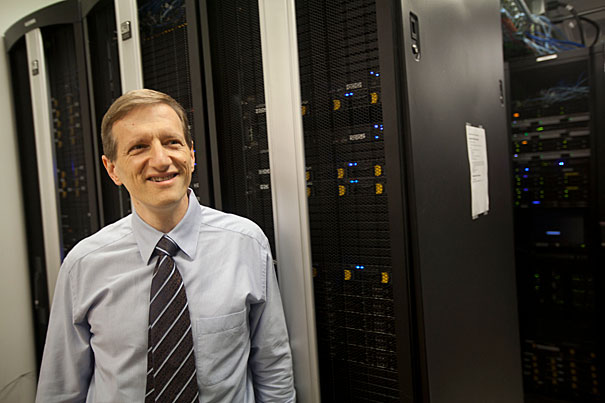
-
The selfie’s gone, but the damage is done
New HBS research examines whether we are less inhibited when posting on temporary social media and how others perceive the posts.
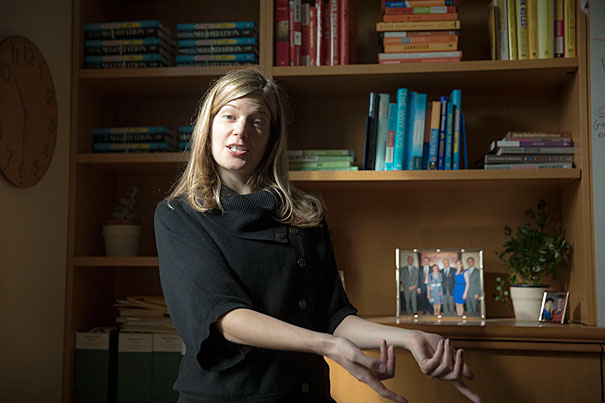
-
History under the microscope
Researchers delivered lectures on recent findings to launch the Max Planck-Harvard Research Center for the Archaeoscience of the Ancient Mediterranean.
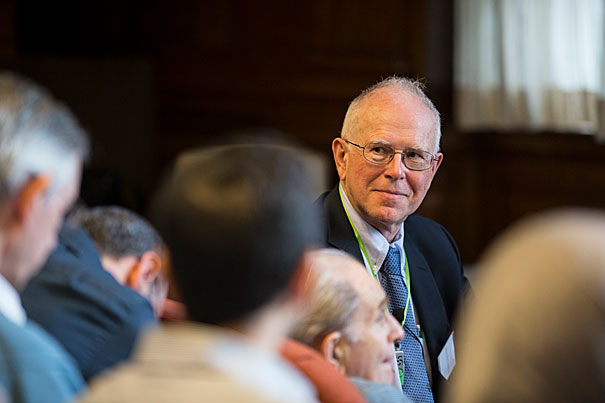
-
First glimpse of a kilonova, and Harvard was there
Marking the beginning of a new era in astrophysics, scientists for the first time have detected gravitational waves and electromagnetic radiation, or light, from the same event. Harvard researchers were pivotal in the work.
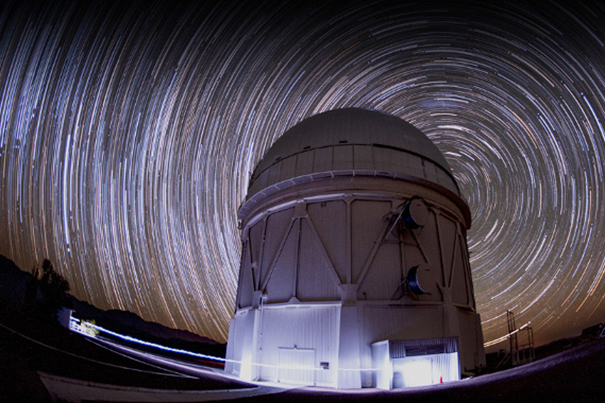
-
When machines rule, should humans object?
Harvard scholars shared concerns and ideas in a HUBweek panel titled “Programming the Future of AI: Ethics, Governance, and Justice.”
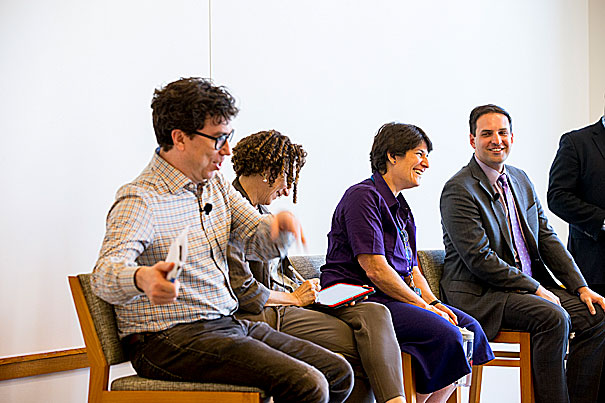
-
In surge of strawberries, some dirty details
Julie Guthman sets her sights on a tangled story involving land, plant breeding, border policy, pathogens, and highly effective, highly toxic soil fumigants.
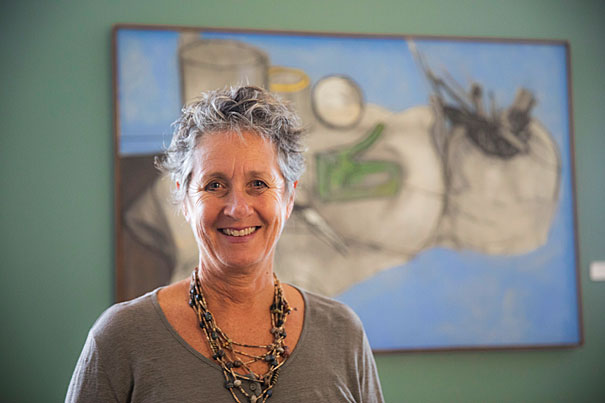
-
Putting tomorrow’s doctors on opioid alert
Gov. Charlie Baker joined HMS faculty members in discussing the opioid crisis and the role physician education must play in fighting it.
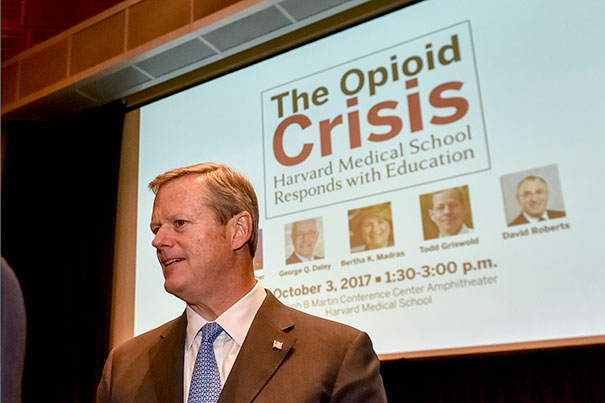
-
How to defend against your own mind
Harvard psychology chair Mahzarin Banaji is working with a research fellow to launch a new project called “Outsmarting Human Minds.”
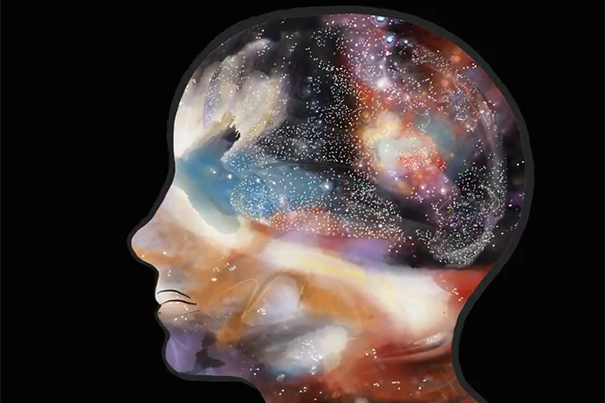
-
Not a popularity contest
New research from faculty at Harvard Business School and Harvard Medical School finds that a majority of college freshmen believe others have more friends than they do, when they often don’t.
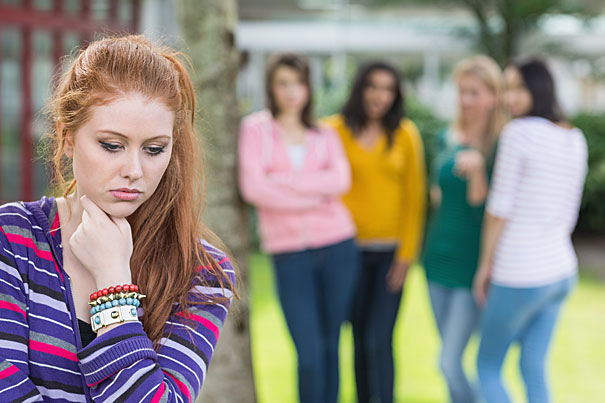
-
The robots are coming, but relax
As artificial intelligence takes hold in more fields, you’ll likely have a job, analysts say, but it may be a different one.
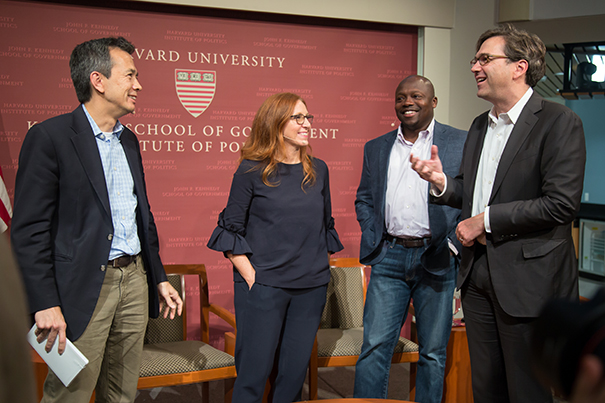
-
New England is losing 65 acres of forest a day
A new Harvard Forest report, “Wildlands and Woodlands, Farmlands and Communities,” calls for tripling conservation efforts across the region.
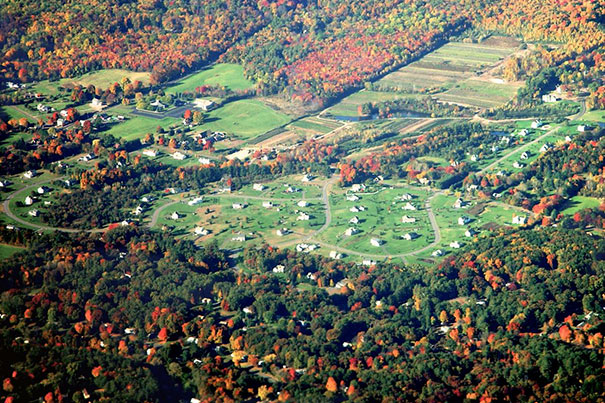
-
Connecting the dots in data sciences
Harvard’s new Data Science Initiative hosted its inaugural event, the first in a series of planned seminars featuring talks by faculty members focusing on new methods of managing and analyzing data and on cutting-edge applications.
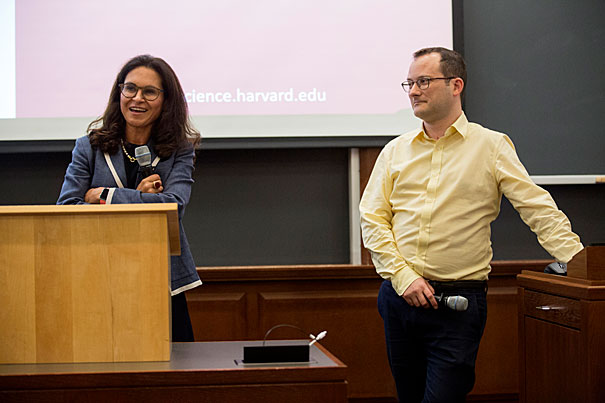
-
Students aiding the environment
Five undergraduate women from Harvard College talk about how they spent the summer researching climate and ecological stresses.
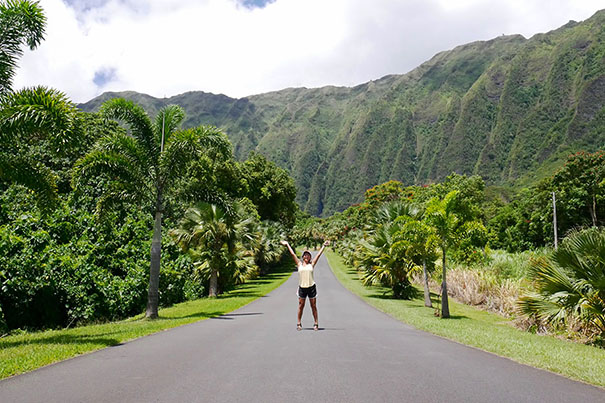
-
A master of explaining the universe
Brian Greene ’84, a Columbia University theoretical physicist and mathematician, has made it his mission to illuminate the wonders of the universe for non-scientists.
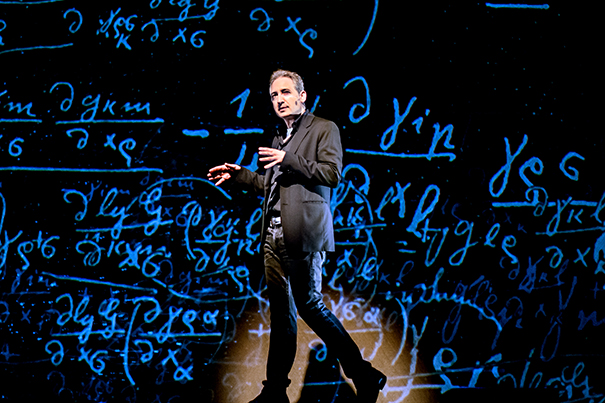
-
A pragmatic model to conserve land
Martha’s Vineyard is best known as a summer playground for the rich, but it’s also setting an important conservation example, according to a new book by Harvard Forest Director David Foster.
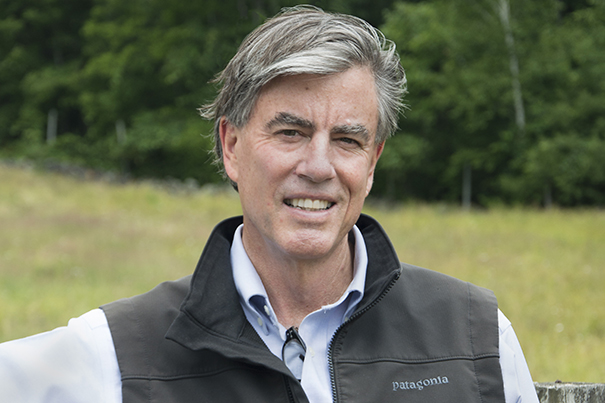
-
Building a robot, developing a nation
Harvard College sophomore Sela Kasepa looked for robotics competitions that Zambian youth could join, and found FIRST Global, an annual student robotics Olympiad.
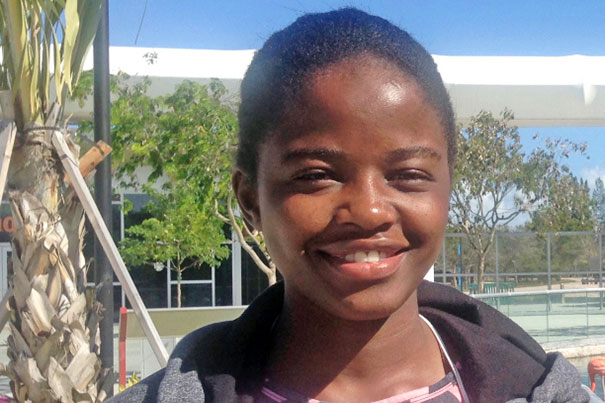
-
Voting-roll vulnerability
Online attackers may be able to purchase enough personal information to alter voter registration information in as many as 35 states and the District of Columbia, a new study says.
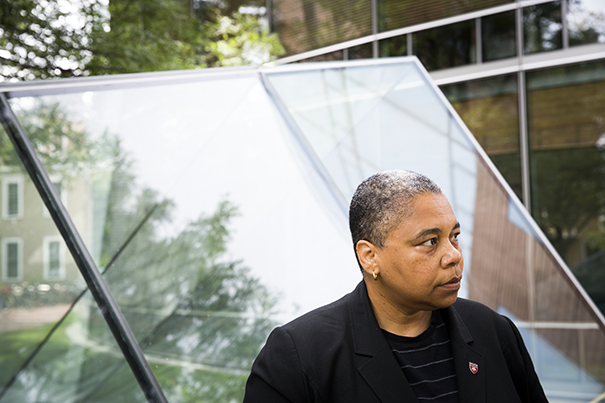
-
Branching out from her own tree of knowledge
Seattle Times environmental reporter Lynda Mapes turned her fellowship year at Harvard Forest into a book titled “Witness Tree.”
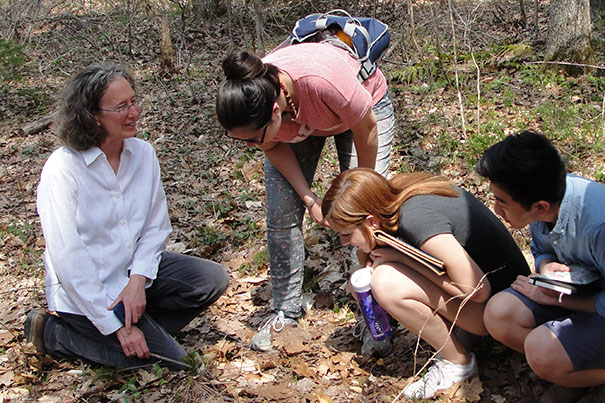
-
Revising the language of addiction
Harvard experts say that changing the language of addiction is key to fighting the stigma attached to it.
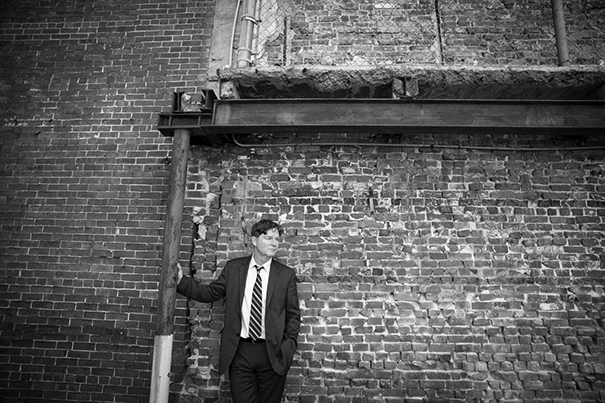
-
Voices from the Incas’ past
An undergraduate deciphers the meaning of Incan knots, giving long-dead native South American people a chance to speak.
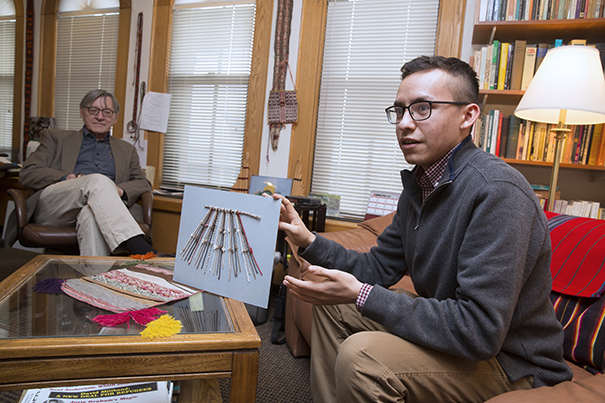
-
Paying the price of surviving childhood cancer
Study finds out-of-pocket health care costs can lead to financial problems for survivors of childhood cancer.

-
The social cycle of repression
A Harvard study links an individual’s psychological basis for enforcing group hierarchies to national indicators.
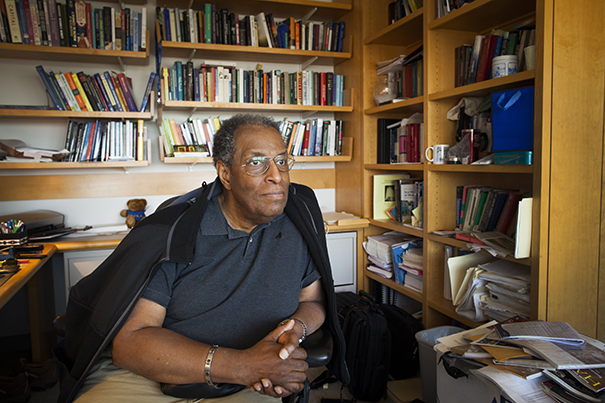
-
Eclipses, through the years
As photography developed, Harvard astronomers embraced it as a scientific means to understand the sky.
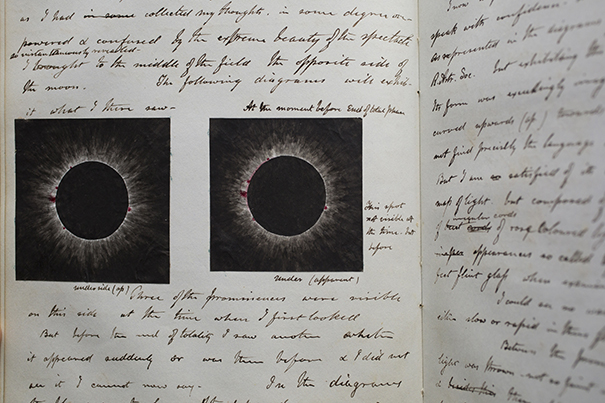
-
No harm, no foul
Researchers at SEAS, the Wyss Institute, and Nanyang Technological University in Singapore have developed a nontoxic coating that deters marine life from attaching to surfaces in a breakthrough for maritime travel and commerce.
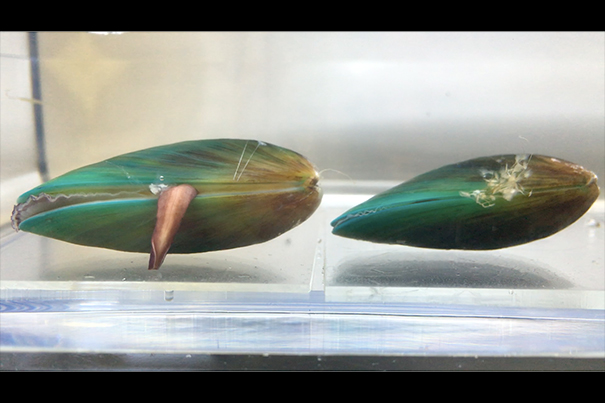
-
Viewing the solar eclipse? There’s an app for that
The Smithsonian and Harvard have released an interactive app ahead of the 2017 total solar eclipse, giving Americans a front-row seat to a rare celestial event.
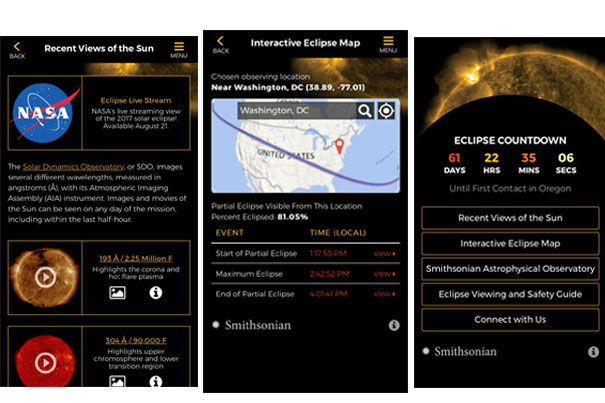
-
The negative side of positive thinking
“It often seems that partisans believe they are so correct that others will eventually come to see the obviousness of their correctness,” said Todd Rogers of the Harvard Kennedy School about his new research.

-
Gauging street change over time
Study uses computer vision algorithm to study Google Street View images to show urban shifts.

-
Robotic suit promotes normal walking in stroke patients
Wyss Institute’s soft, wearable, robotic suit promotes normal walking in stroke patients.
